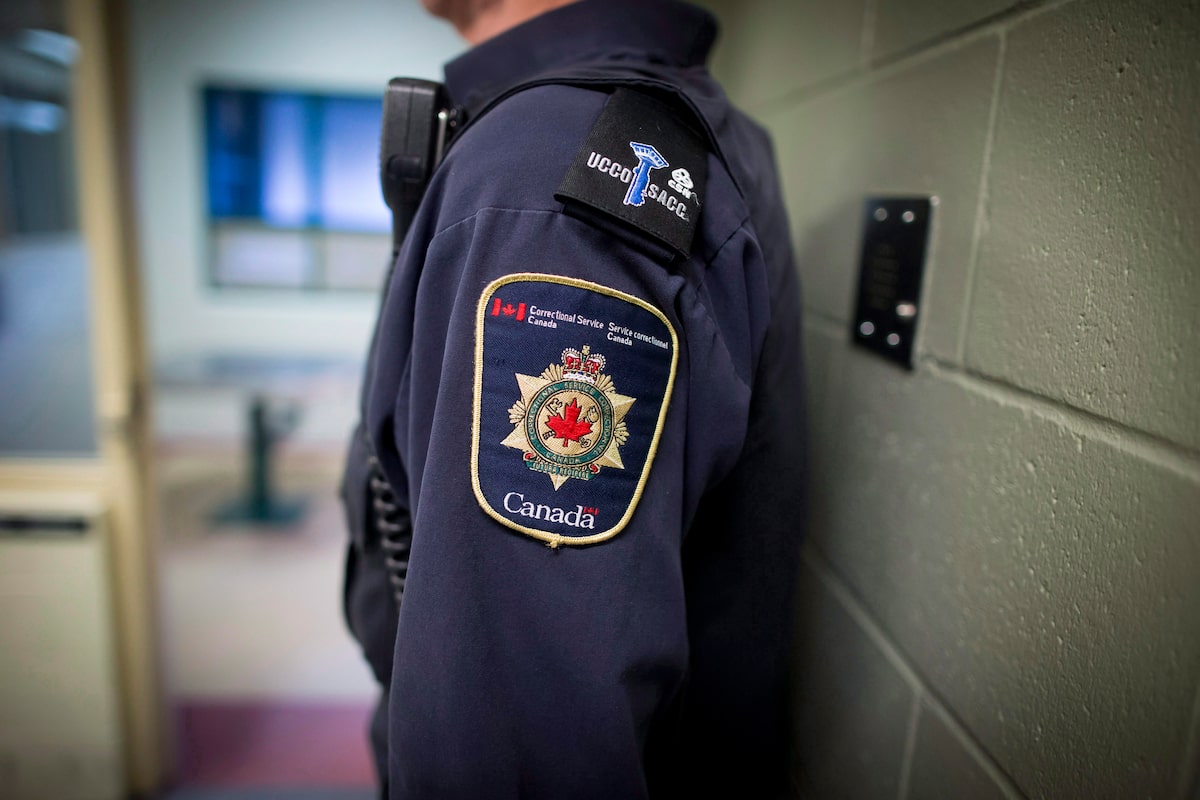B.C. prisoners with complex mental illnesses aren’t getting the psychiatric treatment they need, and are being kept in jail longer than required, because the province has only one 190-bed hospital for these high-risk patients, according to a scathing new report.
The British Columbia Review Board, which is in charge of assessing the condition of these patients, released its annual report for the 2024 fiscal year Wednesday. The opening message of chair Brenda Edwards outlined how chronic underfunding has brought the forensic health care system to a breaking point.
“In my view, these shortages put the safety of the public and the rights of individuals at risk,” she wrote in the report, which was shared with provincial Attorney-General Niki Sharma last week.
After a person in B.C. is found not criminally responsible or unfit for trial, decisions about their care, including whether they can be released from care, are made by a three-person panel of the B.C. Review Board.
Over the past year, Ms. Edwards wrote, B.C.’s already-inadequate supply of forensic psychiatric hospital beds has dwindled further, along with a “dearth of adequately staffed and supported residences available to accommodate those patients who no longer require hospital care but require close oversight and supportive services.”
B.C. opens new long-term involuntary care beds in Metro Vancouver
Plus, she noted, since the Baldy Hughes centre in Prince George closed, there are no facilities for forensic patients who want to go on leave from the high-security hospital to engage in residential addictions treatment.
A lack of supervised housing, Ms. Edwards wrote, is making it much more difficult for the authorities to release these people back into the community through incremental steps, “which is often the only safe and viable option.”
This spring, the board noted that Ontario has 11 forensic hospitals to serve its population of 15.9 million, while B.C.’s 5.6 million people have access to only one facility.
A spokesperson for Ms. Sharma did not respond to The Globe and Mail’s request for comment Wednesday.
The B.C. NDP narrowly formed government again last fall, with Leader David Eby campaigning to build more secure facilities to forcibly treat the many people trying to survive while battling complex mental illness, long-standing addictions and an extremely unaffordable housing market.
Earlier this year, the province touted the creation of 28 new beds to treat people against their will.
Still, the board noted this week, the forensic psychiatric hospital, located in the Vancouver suburb of Coquitlam near the Red Fish Healing Centre for Mental Health and Addiction, had to turn away patients throughout the past fiscal year because all of its beds were full.
“As I am sure you will appreciate, it is a matter of simple mathematics that when more forensic patients are admitted into the system than are being discharged, a tension begins to build,” Ms. Edwards wrote to the Attorney-General.
“If that pressure is not alleviated by a significant injection of resources, the board will be unduly hampered in its ability to meet its mandate (primarily protecting the public), and the administration of justice risks being brought into disrepute.”
The board is also hamstrung, its chair noted, by being prohibited by the Canadian Criminal Code from holding virtual hearings if the accused don’t agree, and most don’t.
That means the board incurs significant expense bringing its members from across the province to Metro Vancouver or the community of the patient to do in-person hearings, Ms. Edwards wrote.
Plus, she added, the board is not served by the provincial sheriff service so it must continue to hire private security to ensure everyone is safe when the accused is mentally unstable, addicted and charged with violent offences.
Ms. Edwards, in her report, formally requested that the Attorney-General lobby her federal, provincial and territorial counterparts to amend the Criminal Code to allow the board to do video hearings when it wants.
During the 2024 fiscal year, the board had 35 people accused of 92 total charges deferred to it by the courts, with the majority being white men between the ages of 20 and 59, the report noted.
In total, the board was responsible for 265 people during the fiscal year, some of whom have been detained for decades despite each of the accused being mandated a review of their condition by the tribunal each year.
